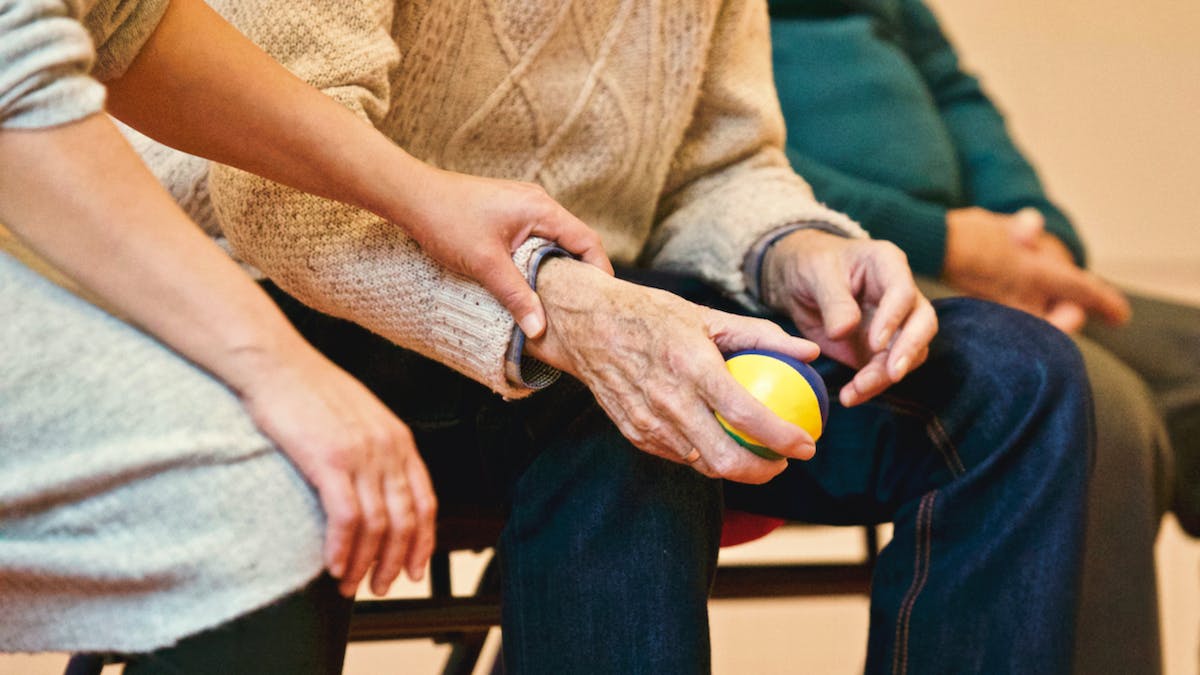Advertisement
Lifestyle
Strategies for Relaxing During Finals Week

Ways to unwind during stressful finals season
Relaxing Through Exercise
You’ve probably heard this a million times, but getting your heart rate up and moving your body is one of the best ways to manage stress. It’s not about being a gym rat or striving for perfection; it’s about using your body and feeling alive. Stress often leaves us feeling stuck, so physically moving can help release that stagnation. Plus, the endorphin rush after a good workout is unbeatable!
Whether you love a high-intensity boot camp class, a peaceful yoga flow, or a brisk walk around campus, do something each day that gets you moving. You might think you’re too busy, but even 15 minutes can make a difference, plus it’s a great study break.
Let workouts be a part of your daily routine during stressful finals week. Just remember, the goal here is stress relief, not physical fitness, so go easy on yourself, join a group exercise or just take a jog around your neighborhood.
Consider Sarah, a Psychology major who was stressed out during her finals. She started incorporating short 20-minute jogs into her study plan which helped her feel more energized and prepared for her exams.
- You don’t need expensive equipment. Bodyweight exercises like squats, lunges, pushups, and stretches can be done anywhere.
- Try working out early in the morning to boost your energy throughout the day.
- Desktop yoga (stretches you can do while sitting at your desk) can offer quick relief.
- Group exercises like dancing or aerobics are fun and help stimulate your brain.
- Breathing exercises can also be beneficial. Simple deep breathing prompts your body to relax.
- Never forget the importance of rest – it’s an essential part of the body’s recovery process.
Nurturing the Mind with Meditation
In order to handle the stress of finals, don’t forget the importance of nurturing your mind. One powerful way to do this is through meditation. You might be thinking, “how can I sit still and do nothing when I have so much to study?” But here’s the thing: taking time for stillness can actually make your study time more productive.
First, calming your mind can help you process information better. When you’re stressed, your brain jumps all over the place, making it difficult to focus. By meditating, you train your brain to stay where you want it to be.
Second, meditating is a great way to manage stress-induced symptoms like headaches, anxiety, or insomnia. Just 10 minutes of mindful breathing every day could help create a sense of calm and balance in your life during finals week.
Ace was a law student who used to struggle with extreme exam stress, but after incorporating meditation into his routine, he found his ability to concentrate and retain information improved.
- There are handy apps like Headspace and Calm that guide beginners through short meditations.
- You don’t need any special equipment or clothing to meditate. A comfortable quiet spot is all you require.
- Try integrating meditation into your morning routine to set a positive tone for the day.
- Progressive muscle relaxation (PMR) is a useful technique where you tense and then relax each muscle group.
- Visualization is another beneficial method, imagine yourself acing those exams!
- A quick consideration – patience is key. It takes time to master your mind. Don’t get discouraged!
Eat Mindfully For Stress Relief
The saying ‘you are what you eat’ rings particularly true during finals week. Caffeine, processed foods, and sugar might give you immediate gratification, but they could also lead to energy crashes. It’s essential to focus on nutrition to keep your energy levels stable and your brain in top working condition.
Incorporating a variety of whole foods into your diet will provide you with the nutrients necessary for maintaining focus and stamina. Protein, healthy fats, and complex carbohydrates are particularly important.
Also remember, it’s not just about what you eat but how you eat. Slow down, savor each bite, and try to enjoy your meals without multitasking. Mindful eating can contribute to better digestion and absorption of nutrients – both essential during finals week!
Tess was a med student who relied heavily on fast food during exam weeks until she noticed her concentration wavering. She decided to shift to home-cooked meals rich in lean proteins and veggies and found that not only did her concentration improve, her overall performance did as well.
- Meal preparation is a great strategy for ensuring you have nutritious options ready when you need them.
- Foods rich in Omega 3s like salmon, walnuts, and chia seeds boost brain health.
- H2O! Staying hydrated improves cognitive function. Keep a bottle of water nearby at all times.
- Avoiding sugary drinks and excessive caffeine to prevent energy crashes.
- Eat small balanced meals throughout the day to maintain blood sugar levels and energy.
- A powerful antioxidant, dark chocolate (70% or higher) is a fantastic study snack.
Summary
| Aspect | Description | Key Takeaways |
|---|---|---|
| Relaxing Through Exercise | This involves incorporating physical activity in your daily routine for stress management. | Workout early, try group exercises, no need for expensive equipment, incorporate rests, desktop yoga, and breathwork can help. |
| Nurturing the Mind with Meditation | Meditating helps calm your mind and aid stress-induced symptoms like anxiety, insomnia, etc. | Use meditation apps, incorporate it in your morning routine, Try PMR, use visualization, be patient. |
| Eat Mindfully For Stress Relief | This refers to consuming nutritious whole foods for sustained energy levels. | Meal preparation, eat Omega 3s rich foods, stay hydrated, avoid sugary drinks, eat small balanced meals, snack on dark chocolate. |
Title of your choice
Follow the same format for the remaining six sections, choosing topics such as “Connecting with Others”, “Setting Realistic Goals”, “Sleeping Well”, “Creating a Study Schedule”, “Using Time Management Techniques” and “Inviting Joy into Your Life”. Each section should describe the method, its importance and benefits, provide an illustrative anecdote and some actionable pointers to implement. In each section, underscore the significance of balance and self-care during this challenging time.












